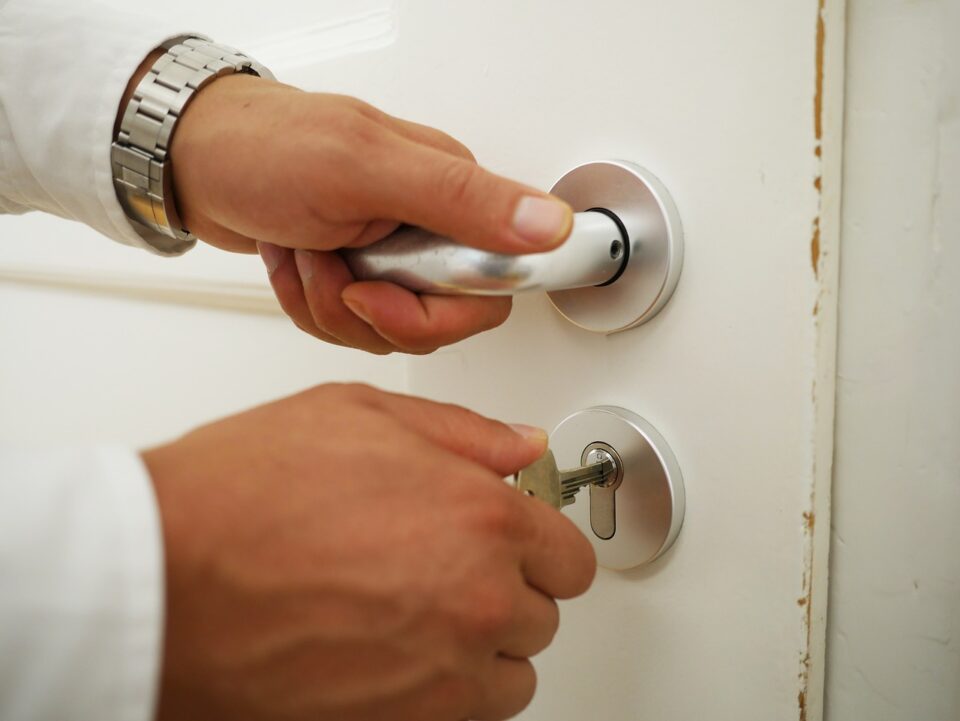
What Is Technology’s Essential Role in the Classroom?
December 13, 2023
Report Card Grades Instead of Assessments? NJ Legislature Is Losing the Plot.
December 14, 2023‘Even LeBron James Has a Coach.’ White Testifies Against a Bill That Would Diminish Teacher Evaluations
Ed. Note: This is the planned testimony that Paula White, Executive Director of JerseyCAN, will give at Thursday’s New Jersey Assembly’s Education Committee hearing. White will be voicing opposition to Bill A-5877, which was introduced earlier this week and would “revise the schedule for summative evaluation of certain education professionals and limit collection of teacher general student growth data.“ The bill is vigorously supported by NJEA executives.
Hello and happy holidays to Chairwoman Lampitt, Vice Chairwoman Jasey and to all of the Assembly Education committee members here today. I am Paula White, executive director of JerseyCAN. As the mission-bearer of our non-profit organization, I support initiatives that advance access for all students to receive a high-quality education in the state of New Jersey. To that end, I am delivering testimony on Bill A-5877, because its passage would reduce the number of summative evaluations tenured teachers receive, which would be a detriment to our state’s educators and to the students they serve, and thus would run counter to our organization’s aims.
Academic tenure at the college level has its roots in ensuring academic freedom such that those in academia could espouse unpopular professional opinions and conduct research that might be unwelcome without fear of reprisal for doing so. For K-12 educators, tenure’s history is closely tied to the pursuit of protections for educators, particularly in a female-dominated profession where fairness has not always been meted out. For example, a former professor of mine told our class that when she got married as a teacher, her principal asked her when she was going to submit her resignation because the prevailing thought was that after getting married, a working woman was now taking up a job that belonged to a man.
Tenure is important, and useful. However it is not useful if and when it is employed as a means of paperwork reduction, or as a way to make unfounded assumptions about the ongoing competence of an educator to serve students well, to the potential detriment of both.
Our teacher evaluation system must be one that provides the feedback teachers need and the accountability students deserve. Lengthening the formal feedback loop for effective educators does not bode well for their continued effectiveness. It is true that, in the aggregate, evaluations should be much more formative than summative and I do understand that this bill is not curtailing informal observations. I know that teachers can receive actionable feedback on a post-it note after an administrator stops by a classroom for ten or fifteen minutes. That said, there is a place for a summative evaluation each year that looks at multiple domains of teacher practice and behavior to arrive at an overall rating of a teacher.
This should be simple – every teacher, every year. The more complicated and tiered a system of teacher evaluation that we have, the more cumbersome for administrators to track.
But let’s be clear, this should be done in ways that support students further growth. And we have done this already: our state took great pains to vet and identify holistic evaluation instruments that explore various domains of effective teacher practice — how teachers engage with students, how they communicate with parents, how they plan lessons, and how they engage in delivery, the breadth of assessments they use, and the ways in which they differentiate instruction to support their students. Teaching is primarily a solitary enterprise that we engage in behind closed doors with one teacher and a room full of students. It is not conducive to a teacher’s professional growth for us to not provide a formal tracking system for yearly performance. And, it is certainly not accountable to students to assume that a teacher who is effective in 2025 will be equally effective in 2026 pr 2027. What if the curriculum changes? What if the standards change? What if the teacher is teaching a new grade level? And what if the professional culture in the building undergoes a shift? These are all likely factors — to name a few — that can and do occur in schools and can and do impact instructional quality. Effective administrators know how to use their time wisely as they support their teachers, but every educator needs and deserve summative feedback on a yearly basis to continue to be great. I mean, even LeBron James has a coach.
While tenured professors may have reviews that do not happen every year, they get rated at the end of every class by their students. This is not appropriate for K-12 educators but we do need a functional system in place to support the teaching and learning process in an intentional way that honors the teaching profession and our children.
In this, the giving season that so many of us celebrate, I am reminded of the power of gifts. Some gifts are ones that we want and others are ones that we need. Yearly summative evaluations are a gift to the teaching and learning process that families want and educators need. Let us not deny such important value to either group. Thank you.




